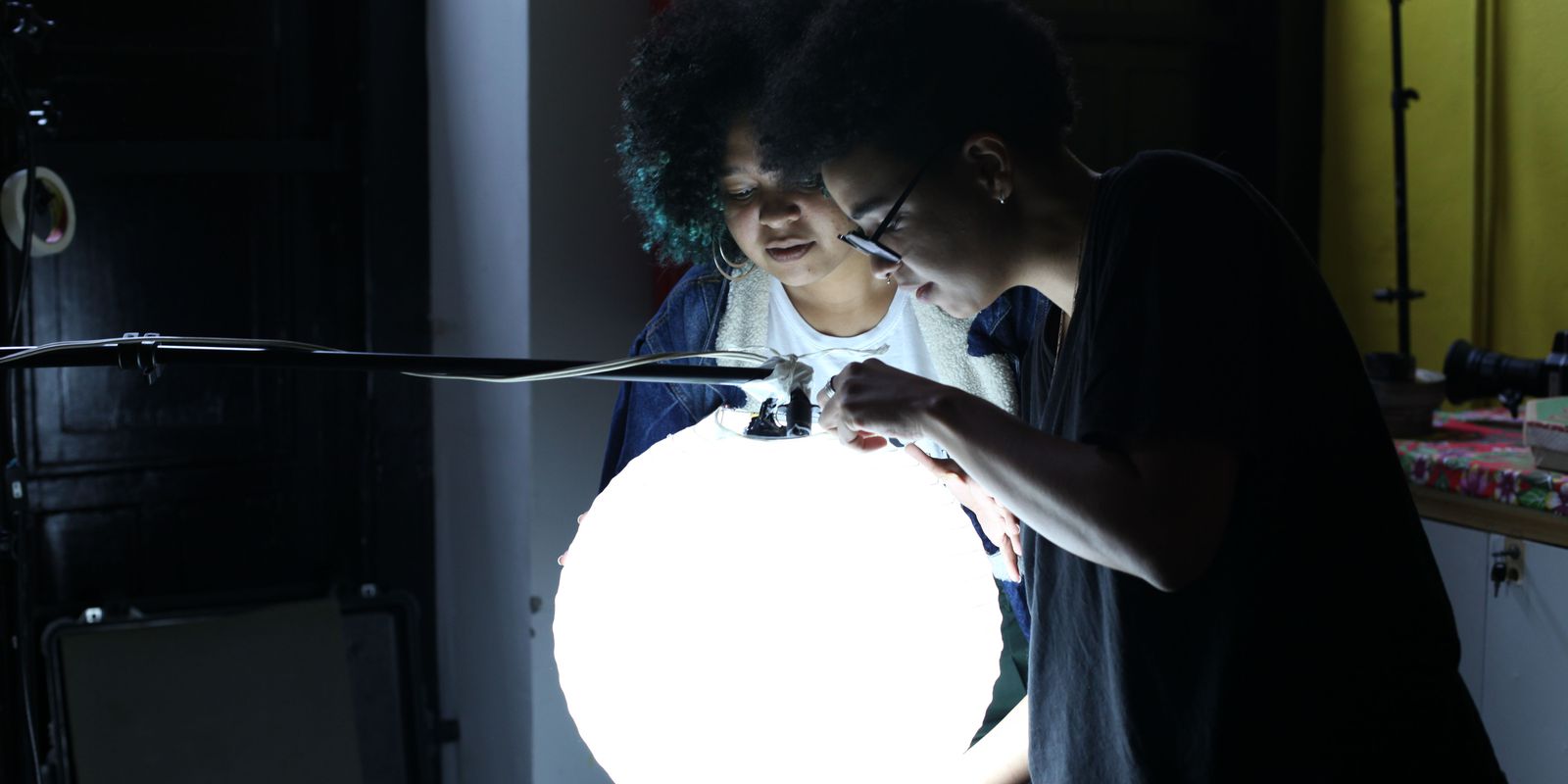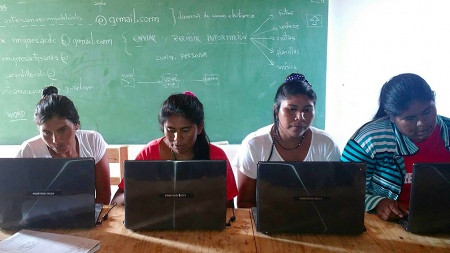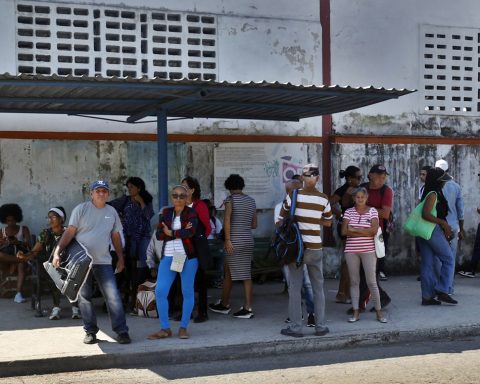Young cis and trans black, indigenous and refugee women, aged between 18 and 29, can register until March 6th for free courses in audiovisual, digital games and table games, promoted by the sociocultural institution Cinema Nosso , through the project Empowerment and Technology: Young Black Women in Audiovisual. Entries can be made through from this link.
The classes of the two film courses focused on fiction and documentary and the two courses on digital games and table games will be online and face-to-face, but only for young people from Rio de Janeiro. Those in the script laboratory for series will have a virtual format and are open to the entire country. In all, 175 vacancies are allocated to the project, 35 for each of the five courses offered.
Cinema Nosso is one of the largest popular audiovisual schools in Latin America, with over 10,000 young people graduating from its courses. Classes for the film courses will start on March 20th, while those for the games courses will start on March 27th. The closing of the courses will take place on November 25th. Cinema Nosso is located at Rua do Resende, 80, in the Lapa neighborhood, in the central region of the city of Rio de Janeiro.
The senior assistant for Pedagogical Training at Cinema Nosso, Laís Muniz, informed the Brazil Agency that the Empowerment and Technology: Young Black Women in Audiovisual project emerged from a survey carried out in 2019 by the National Film Agency (Ancine) on the number of black women in the audiovisual market. According to her, “it was a derisory percentage”. This happens in positions of direction, direction of photography, screenwriter, cited Laís. “We are there training young black women to be inserted in the audiovisual market. The project has this cut”, she highlighted.
Theme
Every year, a theme is chosen that prioritizes black empowerment, seeking to bring references for the students to produce their projects. This year, the theme chosen was Writings and will be inspired by works by the writer Conceição Evaristo, bringing her concept that has gained great notoriety in recent times. According to Laís, the idea is to emphasize that, through writing, “we manage to expose our experiences in society as black women and Afro-Brazilian culture, as a form of resistance, being a tool for the process of empowerment” .
All courses will have career management mentorships, lectures and workshops. To complete the course, it is necessary to obtain 75% attendance, in addition to the delivery of the final work. Laís Muniz highlighted that she herself was one of the first year students of the project. “I was part of the first fiction film class, in 2019, and today I work at Cinema Nosso. Other colleagues who graduated with me are directors of photography, they are screenwriters. They are on the way to the market”. During the training, the students will have contact with several market professionals.
Cinema Nosso
Cinema Nosso is a sociocultural institution that operates in line with the audiovisual market to reduce social inequalities and provide technology and inclusion experiences for the production of youth narratives, promoting the audiovisual production chain in Brazil.
The institution was created in 2000, based on the experience of the film “City of God”, by the directors and actors of the film. Today, Cinema Nosso is an innovation and technology center that offers initiatives for children and young people, with an emphasis on entrepreneurship and employability programs.
















